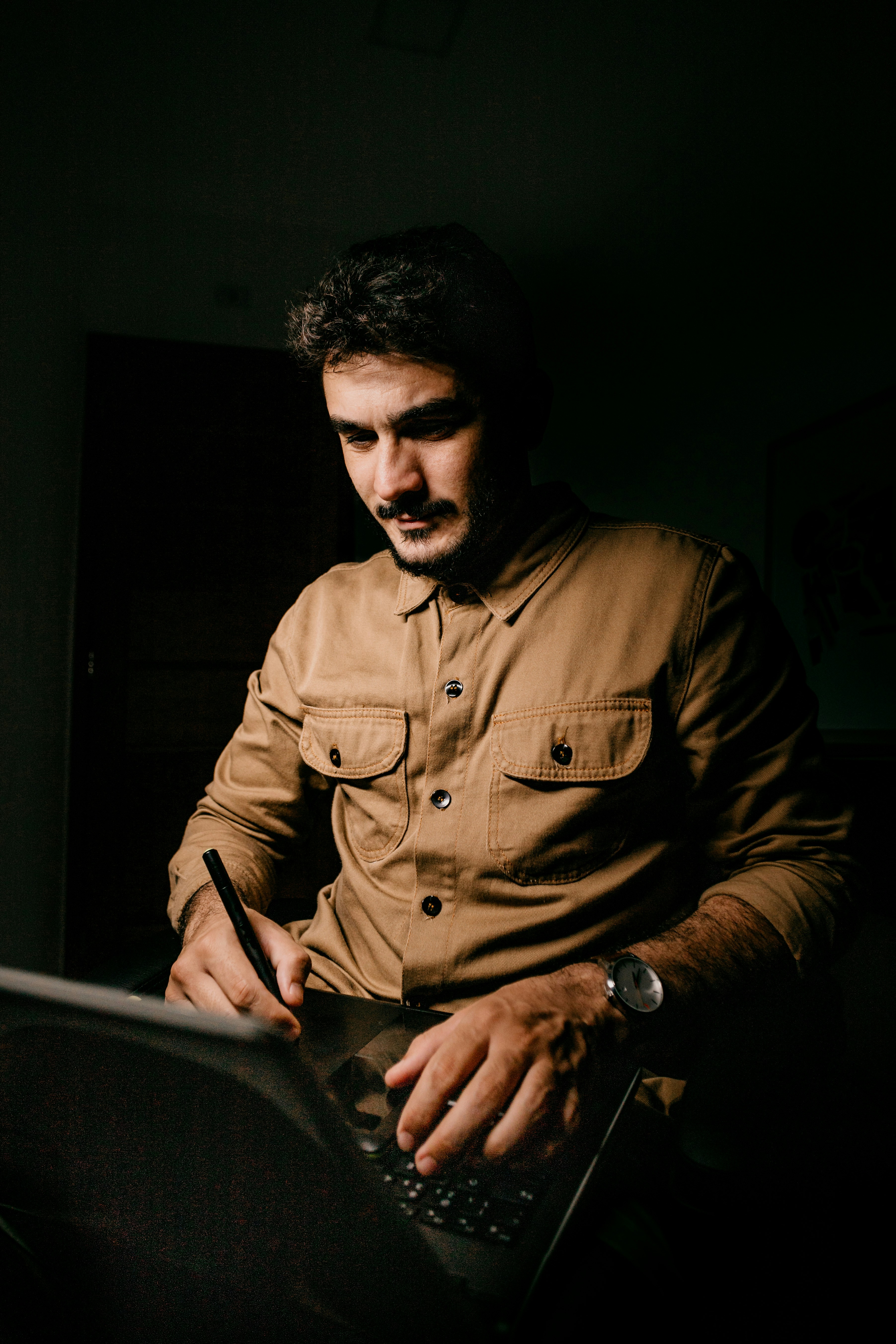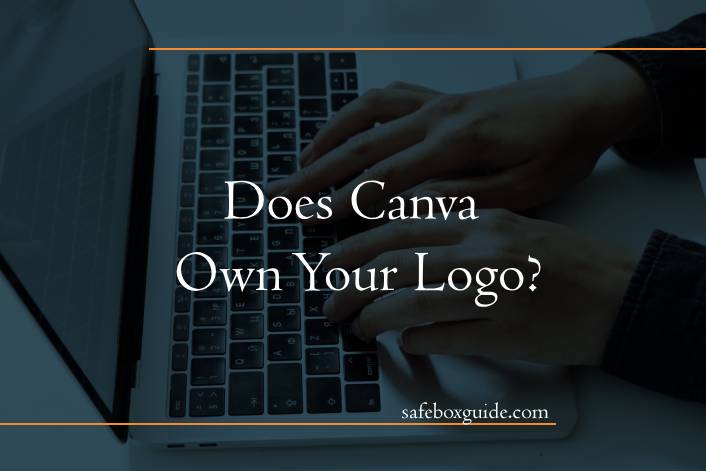Canva has become one of the most popular tools for creating logos, posters, social media graphics, and other design projects. Its easy-to-use interface, extensive library of templates, and accessibility have made it a go-to platform for both amateurs and professionals alike. But as more businesses and individuals use Canva to create logos and other branding elements, an important question arises: Does Canva own your logo?
The short answer is no, Canva does not own your logo. However, the full answer requires an understanding of Canva’s terms of service, the elements used in your design, and the implications of using a free vs. paid account. Let’s dive into the details.

Canva’s Terms of Service: What You Need to Know
When you use Canva to create a design, including logos, you retain ownership of your creations. According to Canva’s terms of service, you own the rights to any content you create using their platform. This means that if you design a logo using Canva, you have the right to use it for your business, modify it, and claim it as your intellectual property.
However, there are some important caveats to this:
1. Use of Canva Elements:
– While you own the design you create, if your logo incorporates elements from Canva’s library—such as stock images, illustrations, or icons—you need to be aware of how these elements are licensed. Canva provides both free and premium elements, each with its own licensing terms.
– Free elements can be used in both personal and commercial projects, but the rights to these elements are non-exclusive, meaning others can use the same elements in their designs.
– Premium elements, which are available through Canva Pro or for a one-time purchase, come with a broader license for commercial use. However, they still remain the property of Canva or the original creator, meaning you do not own the exclusive rights to these elements.
2. Trademarking Issues:
– If you intend to trademark a logo created on Canva, you may face challenges if the design includes elements that are not unique. Since Canva’s elements are widely available and used by many, it’s possible that another business could have a similar design. This could create issues if you attempt to trademark a logo that isn’t entirely original.
Free vs. Paid Accounts: Does It Matter?
The type of Canva account you have (free or paid) can impact the ownership and licensing of the elements used in your logo:
– Free Account: If you’re using Canva’s free account, you have access to a limited set of elements. While you can use these in your designs, the non-exclusive nature of these elements means they are not unique to your logo, which could be an issue for brand differentiation and trademarking.
– Canva Pro: A paid Canva Pro account provides access to a broader range of premium elements, which often come with more extensive licensing for commercial use. However, even with a Pro account, the same principles apply: you own your design, but not the individual elements unless they are original creations of your own.

Ensuring Your Logo’s Uniqueness and Ownership
To avoid potential issues with logo ownership and exclusivity, consider the following tips:
1. Use Original Elements: Whenever possible, use your own graphics, fonts, and images in your logo design. This ensures that your logo is entirely unique and free from licensing restrictions.
2. Modify Canva Elements: If you must use Canva elements, try to modify them significantly to create a more unique design. This can help differentiate your logo and reduce the risk of others having a similar design.
3. Consider Professional Design: If your budget allows, consider hiring a professional designer to create a custom logo. This ensures full ownership and uniqueness, which can be vital for branding and trademarking.
4. Check Licensing Terms: Always review Canva’s licensing terms, especially if you plan to use the logo for commercial purposes or intend to trademark it.
In conclusion, Canva does not own your logo—you do. However, the elements you use to create that logo, especially if they are from Canva’s library, may not be exclusively yours. Understanding the licensing terms and making thoughtful choices about design elements are crucial steps in ensuring that your logo is truly yours and free from potential legal complications. By being informed and proactive, you can confidently use Canva to create a logo that represents your brand while maintaining full ownership of your design.

